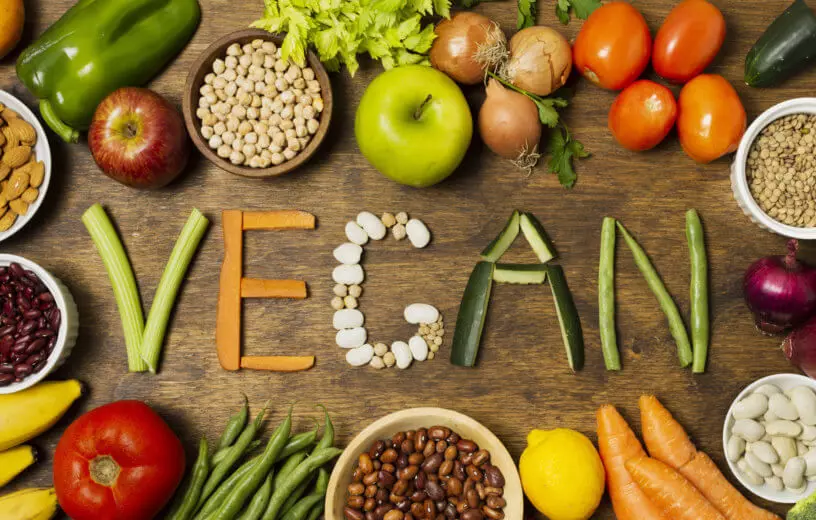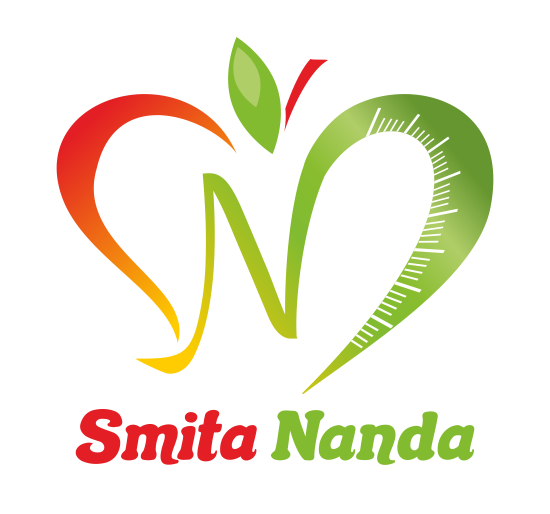Vegan Diet

A vegan diet contains only plant based food.
Fruits, vegetables, whole grains, and nuts and seeds are staples of the vegan diet. These foods are rich in fibre, antioxidants, and compounds that help protect against many diseases.
Studies show that vegans have a lower body mass index (BMI) than people who eat animal-based products. Vegans have less chances of getting heart disease, high cholesterol, and high blood pressure. They are also less likely to get diabetes and some kinds of cancer, especially cancers of the GI tract and the breast, ovaries, and uterus in women.
If you do not plan your diet properly, you could miss out on essential nutrients, such as calcium, iron and vitamin B12. With good planning and an understanding of what makes up a healthy, balanced vegan diet, you can get the nutrients your body needs.

- Pescatarian: no meat and poultry, but you can still eat fish.
- Lacto-ovo vegetarian: plant-based diet, plus dairy and eggs.
- Lacto-vegetarian: Plant based diet, plus low fat dairy products.
- Flexitarian: plant-based diet that on occasionlly includes animal products.
